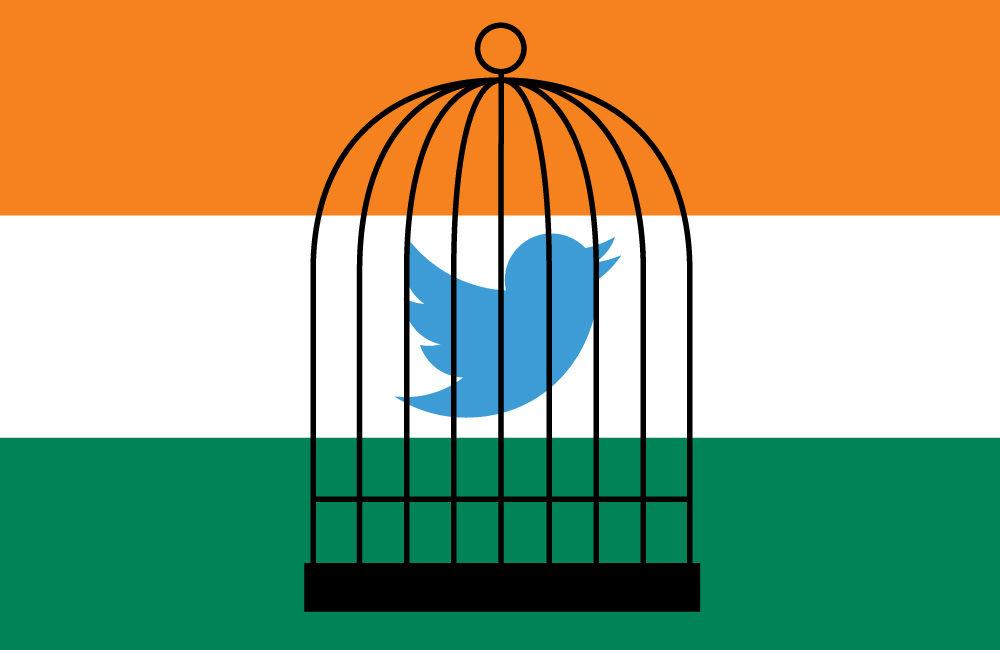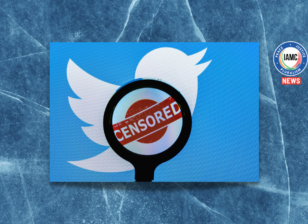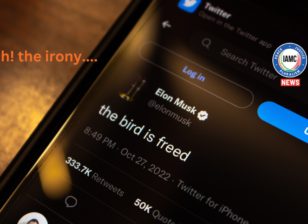Silicon Valley Thought India Was Its Future. Now Everything Has Changed.
On June 3, Google had to apologize to the Indian state of Karnataka for search results that prominently listed the state’s primary tongue, Kannada, as the “ugliest language in India.” As the search engine moved to fix the issue, the state’s minister for forest, Kannada, and culture, Arvind Limbavali, threatened legal action. Later that very week, Limbavali demanded that Amazon’s Canada outpost apologize after it listed a bikini for sale that featured Karnataka’s flag. When Amazon did not respond, Limbavali stated he’d take legal action against the e-commerce platform as well.
These incidents occurred at a terrible time for Google and Amazon. Throughout this year, India’s ultraconservative government has consistently threatened major Big Tech at a level it hadn’t dared before.
On Feb. 1, in response to massive farmers protests as well as a Republic Day anti-government and anti-police rally that had turned violent, the administration asked Twitter to remove 1,100 accounts and posts it claimed were spreading misinformation. Twitter initially resisted, only obscuring some accounts from view—until its India-based employees were threatened with prison time. After that, it permanently banned more than 500 accounts and obscured others from Indians’ view. Shortly after, the government took matters into its own hands and shut down internet access in areas where protesting farmers were gathering.
Later that month, India’s Ministry of Electronics and Information Technology implemented new guidelines for social and digital media companies, forcing them to 1) disclose the identities of senders of tweets and even anonymous, encrypted messages upon government request; 2) disclose details about how and where certain posts and videos are published; and 3) hire Indian residents to special positions to ensure the companies stay in contact with law enforcement agencies, redress grievances, and comply with new rules. As CNN reported, the government claimed the new regulations would “help protect national security, maintain public order and reduce crime,” though “tech companies say the rules are inconsistent with democratic principles.”
The ministry gave “major” social platforms—defined as networks with more than 5 million regular users—a three-month timeline, ending May 25, to follow these orders or risk being completely banned from India. In the meantime, social media companies appeared to mostly cooperate with India: In late April, the country’s government asked Facebook, Instagram, and Twitter to take down more than 100 posts—52 of them on Twitter—from politicians, actors, and other prominent figures that bashed the administration’s shoddy pandemic response. Twitter in turn restricted the tweets so Indian users only could not view them. Facebook hid posts containing the hashtag #ResignModi—referring to India’s prime minister, Narendra Modi—within India before restoring them in the course of a few hours. (A Facebook spokesman told BuzzFeed News that “we temporarily blocked this hashtag by mistake, not because the Indian government asked us to.”) But Facebook, Instagram, and YouTube each took down posts that inveighed against the Modi administration, according to multiple reports. Furthermore, BloombergQuint reported that, as Indians turned to social media to beg one another for help in the midst of a COVID catastrophe, groups providing resources on messaging apps like Telegram, WhatsApp, and Discord were threatened by police and subsequently disbanded.



